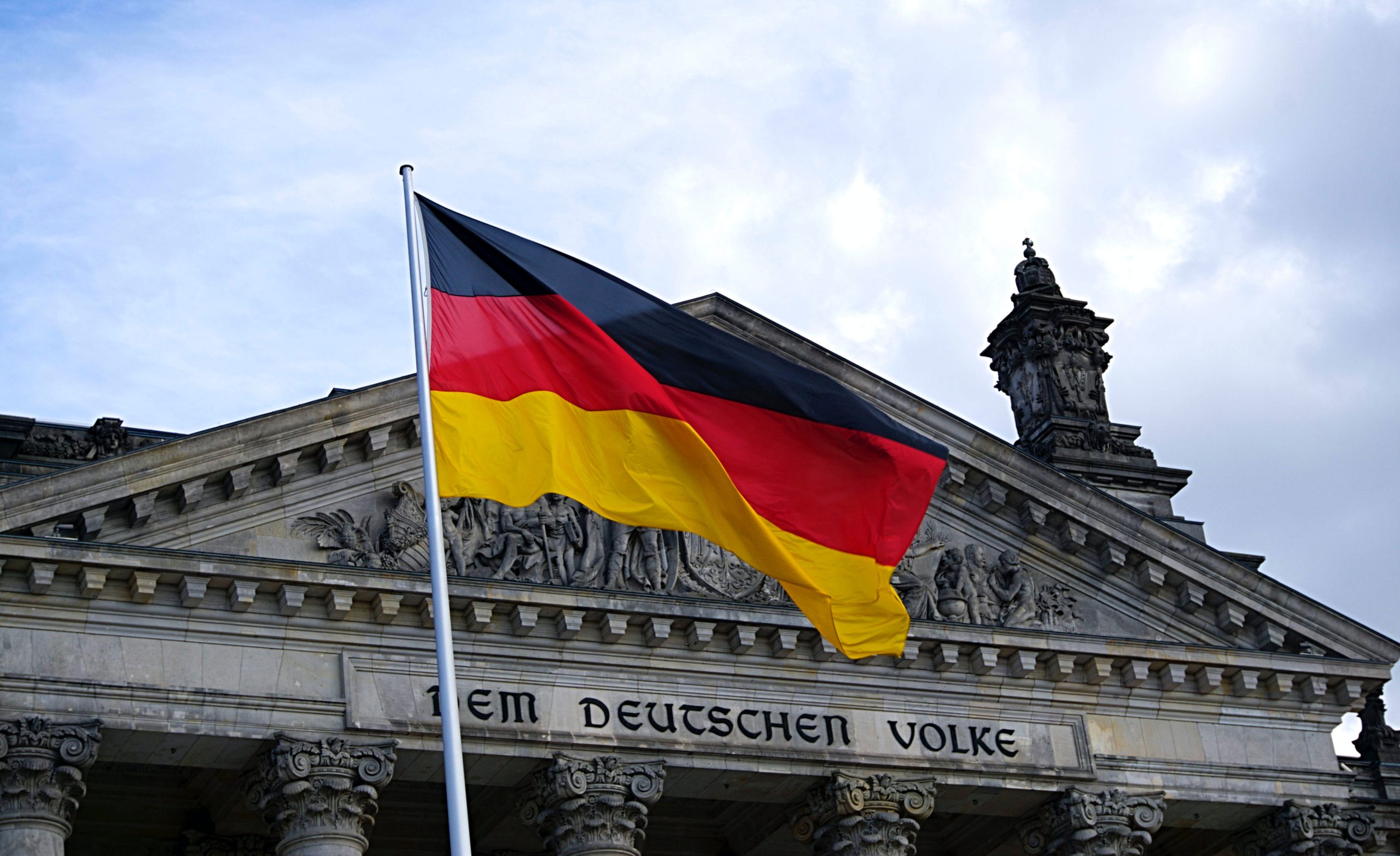Cooperating for the common good
The leading industrialised countries bear a particular responsibility for overcoming global challenges, and the regular G7 summits reflect this responsibility. It goes without saying that it is not possible to find a solution to each and every problem at these meetings. However, when the G7 members cooperate closely with one another, they can achieve a great deal in the interests of the global common good. It is therefore with good reason that all eyes are turning to the United Kingdom this year as the G7 host. Permit me to thank Prime Minister Boris Johnson for organising this meeting, for which the agenda is ambitious.
This is true first and foremost of the enormous challenge that the COVID-19 pandemic is posing for the international community. We must take resolute action together to contain the virus and its devastating impacts. We must also already think of the time after the pandemic. The objective is to make our societies and economies more resilient and fitter for the future, as well as more sustainable, more open and more just. The more tangible the initiatives that we adopt at the G7 summit to this end, the better.
The pandemic reminds us once again, in particularly painful ways, of how important multilateral cooperation is. We are witnessing a great deal of momentum in the development of the global balance of power, especially in these times of crisis. We are in the midst of a competition between systems in which we as G7 members must prove the resilience and proper functioning of our liberal and democratic orders, by confidently standing up for our values and interests, which are rooted in the indivisible dignity of all human beings. Enabling all people to lead as healthy a life as possible is also part of this.
This is why we placed the issue of global health and pandemic preparedness on the agenda during Germany’s presidencies of the G7 and G20 in 2015 and 2017 respectively, the results of which now stand us in good stead. Things that still seemed abstract just a few years ago have become vitally important to our everyday lives as a result of the pandemic. To overcome the COVID-19 crisis, it is important to give all people around the world access to vaccines, medicines and tests. The Access to COVID-19 Tools Accelerator with its vaccine pillar COVAX, to which Germany is providing support both politically and financially as one of the biggest donors, is key to achieving this objective.
The demand for vaccines is immense, however. Resources for increasing global production capacities and ensuring their fair supply around the world are still lacking. This alone is a mammoth task, and yet we would be found wanting were we to limit our focus to acute crisis management. We should also prepare well for future crises. This includes not least strengthening the World Health Organization as key for promoting global health.
A TIME FOR CHANGE
Thinking of tomorrow already today applies not only to healthcare. Our path out of the pandemic should lead us to as sustainable a future as possible, above all by strengthening our capacity for innovation. The measures to support our economy must be geared towards this in particular – with respect to artificial intelligence and microelectronics, emobility, hydrogen or other technological fields of the future. We should harness the digital transformation and decarbonisation as driving forces for the economic upturn. It is important to keep our markets open or open them further, as well as develop new regulations and standards for international trade to achieve greater sustainability. In view of diverse economic ties, it is essential to work together still more closely as G7 members. The more coordinated our measures for economic recovery are, the more effective they will be.
Important conferences will be held on international climate and environment policy this year. A strong signal from the G7 on climate protection and biodiversity are therefore particularly significant. A decisive factor for progress that we urgently need, above all with a view to the young and future generations, is, in my view, making climate neutrality a successful economic model. The G7 has set itself the objective of achieving greenhouse gas neutrality by 2050.
Owing to the COVID-19 pandemic, the pressure to act has also increased further in other areas of the United Nations’ 2030 Agenda for Sustainable Development, including efforts to eradicate poverty and promote food security, overcome social inequality and strengthen healthcare systems. On all these issues, progress can only be made as a joint project, with wealthy industrialised countries setting the pace.
Our Partnership for Africa is a central element of the G7’s global responsibility. Africa has been hit particularly hard by the pandemic. We need a comprehensive package of measures including financial support, reform promotion and greater private investment. The Compact with Africa launched during Germany’s G20 presidency in 2017 has proven to be a suitable tool. Effective reforms have demonstrably led to greater resilience of the economies of the Compact partner countries compared with other countries.
The G7 is an informal body that neither adopts laws nor issues regulations. Nonetheless, it can prove to be a trailblazer in finding responses to the major challenges of our times. “Build back better” – we want and we must breathe life into the motto of the UK presidency to ensure that the G7 does justice to its global leadership role as a community of democratic states with shared values. Germany is willing to do its part.












